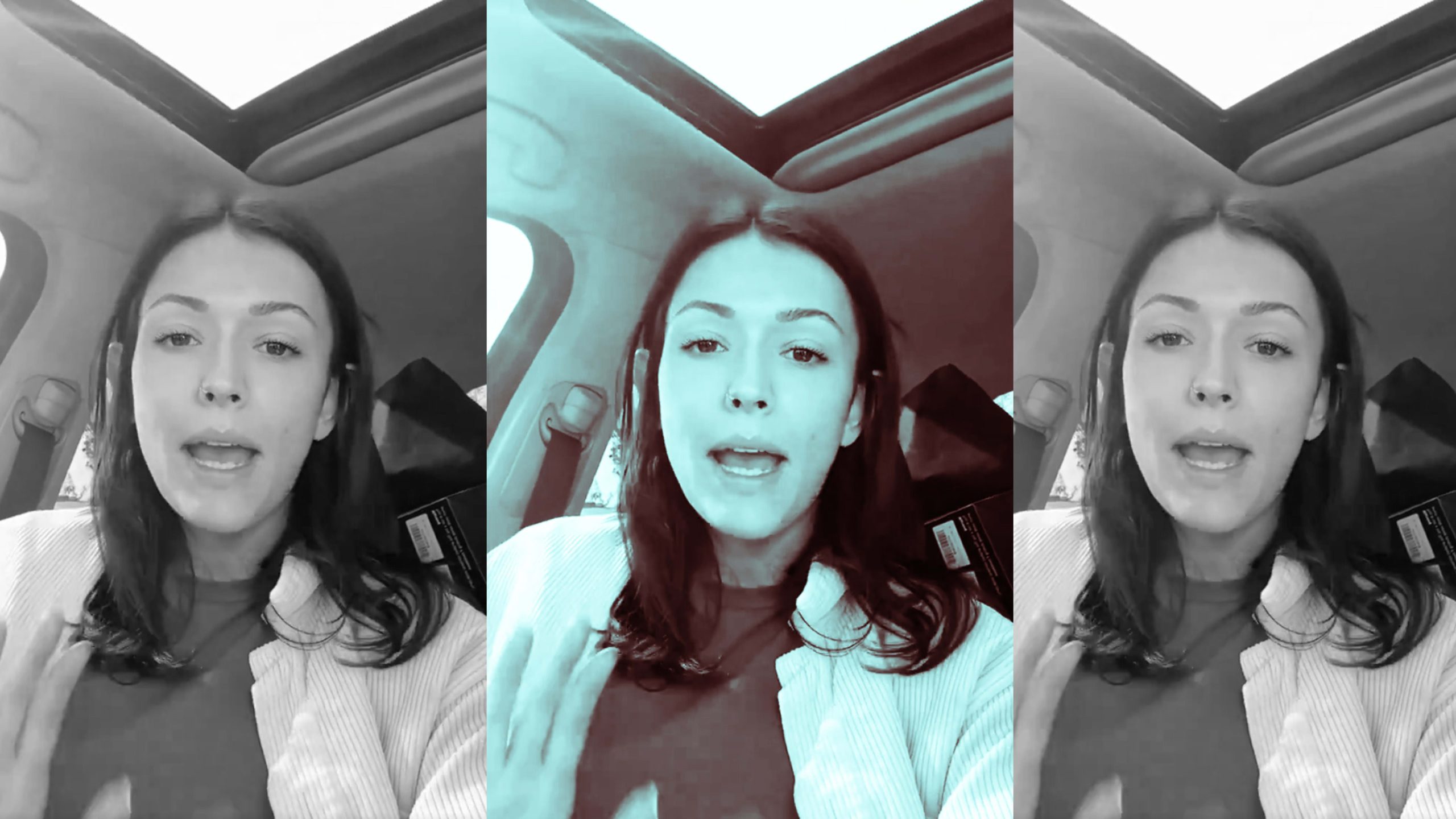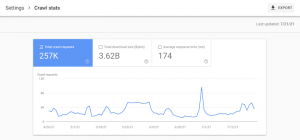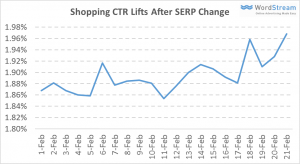That viral AI-generated influencer is based on a real person. And she’s fine with the ads
Ariel Marie tells ‘Fast Company’ that she provided her voice and likeness to AI company Arcads, which approached her on the gig-work platform Fiverr.
The content creator behind a viral video storm over AI-generated influencers has confirmed that she indeed did authorize the company Arcads to use her likeness in a generative video tool that was then deployed to create a video advertising hygienic wipes.
Earlier this week, a video went viral showing a woman ranting about “stanky body odor” while sitting in the front seat of a car. But the cause of its virality wasn’t the message (which was, essentially, to promote personal hygiene); it was that many suspected the woman of being an “AI-generated influencer.”
Opinions were split: Some thought this was a scary sign of how far AI tech had developed, and the entire video was artifice. Others believed the unwitting actor seen saying words on screen had had her image stolen without permission.
The only problem with both theories? The woman whose likeness was used by AI tech for the ad, 24-year-old content creator Ariel Marie, is indeed human—and she was a willing participant in the whole thing.
Speaking to Fast Company, Marie confirmed that she’s the gig worker who provided her voice and likeness to AI company Arcads, which approached her like any other client on the gig work platform Fiverr. (AI developer Benjamin De Kraker first identified Marie as a real person on X, formerly Twitter, after finding her profile on Fiverr.)
When Marie was first approached by Arcads in December 2023, the company explained they were seeking test subjects to see whether they could turn someone’s voice and likeness into AI. Marie was told that her likeness would be placed on Arcads’ site “for other people to type in what they want to say, and you say it back to them.”
“I was like, ‘You know, this sounds a little scary, but definitely really cool,’” says Marie, who’s based in California. “It was just an entirely new world to me.”
She eventually agreed. Since then she has accepted five projects to date from Arcads through Fiverr. Across those projects, she’s been asked to record herself in nine separate video scenarios. Marie said she was not contractually able to disclose what she was asked to record, or how much she was paid for each project—but did say she received roughly the same amount she charges for a normal video on Fiverr. That starts at around $70 for a 15-second ad, up to around $130 for a 60-second ad.
Marie declined to say for how long she had signed over her rights to Arcads, but did say the deal had an expiration date. (Neither Romain Torres nor Dylan Fourier, the two cofounders of Arcads, immediately responded to interview requests for this story.) She was able to disclose that she was asked to follow “specific guidelines” during each video in order to make Arcads’ technology work.
It was only earlier this week, when a friend of her boyfriend forwarded her the video generated using her likeness from the front seat of her car, that she realized she had become the focus of a viral moment. “My boyfriend’s friend actually texted him the Twitter link and was like, ‘Is this your girlfriend or is someone using her as AI?’ I had no idea that this was coming and how big it would be.”
Deepfake expert Henry Ajder says the collective confusion over whether Marie was real or not—and consenting or not—is the result of our new generative AI-filled world. “Hyperrealistic deepfakes and AI-generated content have rapidly saturated our digital lives,” he says. “The impact of this ‘hidden in plain sight’ dynamic is increasing distrust of all digital media—that anything could be faked.”
Since her viral moment, Marie has been approached by a number of other companies—including another AI firm—asking to work together. This week, she also started work on a new, fifth set of videos with Arcads.
Marie doesn’t worry that by giving up her rights to an AI company, she’s bringing about the end of her work—as many actors fear. “It will never be a real human being,” she says. “It’ll be close, absolutely, but it’ll never have my characteristics, my mannerisms. You can’t fake that.”

ABOUT THE AUTHOR
(6)







